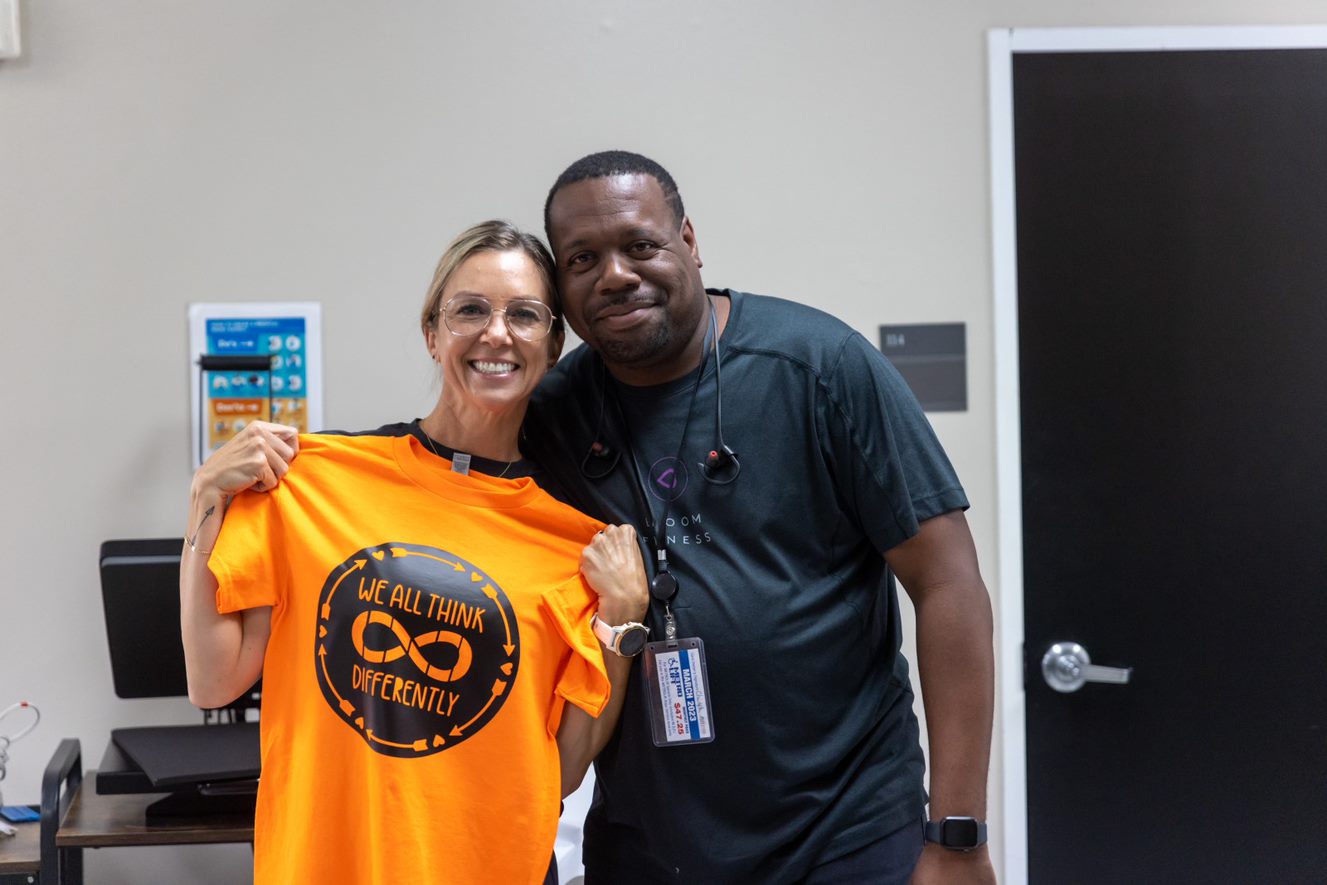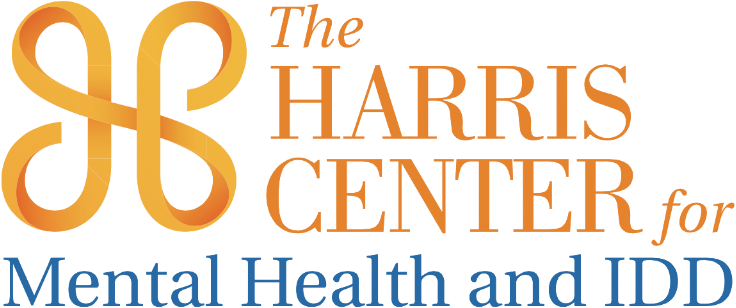
Neurodivergence refers to the natural variation in human neurological functioning. It encompasses a wide range of neurological differences, including but not limited to conditions such as autism, ADHD, dyslexia, Tourette syndrome, and bipolar disorder. Individuals who are neurodivergent may process information, perceive the world, and interact with others in ways that differ from what is considered typical or neurotypical.
Rodney Keller, a program manager at The Harris Center, stated that while awareness of neurodivergence has increased over the past couple of years, it is often misunderstood. He shared insights during a question-and-answer session.
What is Neurodivergence?
Neurodivergence encompasses a spectrum of conditions such as ADHD, dyslexia, and autism. Essentially, it signifies that one's brain is wired differently, resulting in a unique experience of the world compared to neurotypical individuals. Having worked with individuals on the autism spectrum for nearly two decades, I'm genuinely enthusiastic about the emergence of the term 'neurodivergence.' It brings much-needed awareness to the ways these individuals navigate life and their unique perspectives.
How does Neurodivergence manifest in individuals?
One common aspect is differences in cognition, which can include variations in attention, memory, processing speed, and executive functioning. For example, individuals with ADHD may experience difficulties with sustained attention and impulse control, while those with autism may exhibit strengths in focused attention on specific interests but challenges with social communication. Whereas some individuals may be very engaged and socially aware. For individuals with autism, it is a spectrum, so everyone is different, and it’s important to understand that.
Why is it important that people are aware of Neurodivergence?
Increased awareness fosters understanding and acceptance of individuals who think, learn, and process information differently. It helps break down stereotypes and stigmas associated with neurodivergent conditions. When someone who isn't familiar with autism observes individuals with it, they might perceive certain behaviors as socially awkward. This can lead to judgments or forming opinions. For those we consider advanced learners, individuals who are highly functional within the autism spectrum, being high functioning comes with its own complexities. On one hand, it's a gift; these individuals often possess remarkable intelligence, creativity, and a unique perspective. However, it can also feel like a burden because without understanding and awareness from others, they risk being unfairly labeled.
How does awareness of neurodivergence assist people that have ADHD or are on the autism spectrum?
With awareness comes acceptance, and with acceptance comes the freedom to thrive authentically, unencumbered by societal misconceptions or barriers. It's a pathway in which accommodations are not viewed as concessions but as essential steps toward unlocking the full potential of every individual, regardless of their neurological makeup. In essence, awareness of neurodivergence isn't just beneficial—it's transformative.
What societal shifts can occur when awareness of neurodivergence extends beyond mere acknowledgment to active understanding and support?
It's about creating spaces where everyone feels understood, supported, and empowered to thrive authentically, regardless of their neurological differences. One important takeaway I hope people grasp is encapsulated in an old saying, if you've seen one person with autism, you've only seen one person with autism. Each individual with autism is unique. Being different doesn't equate to lacking contribution, emotions, or abilities. It's essential to recognize that neurodivergent individuals may experience the world differently and have their own strengths and challenges. Cultivating sensitivity and understanding towards them is crucial for fostering inclusivity and support.
To learn more about services available for individuals with ADHD and autism call The Harris Center Access Center at 713-970-7000.




